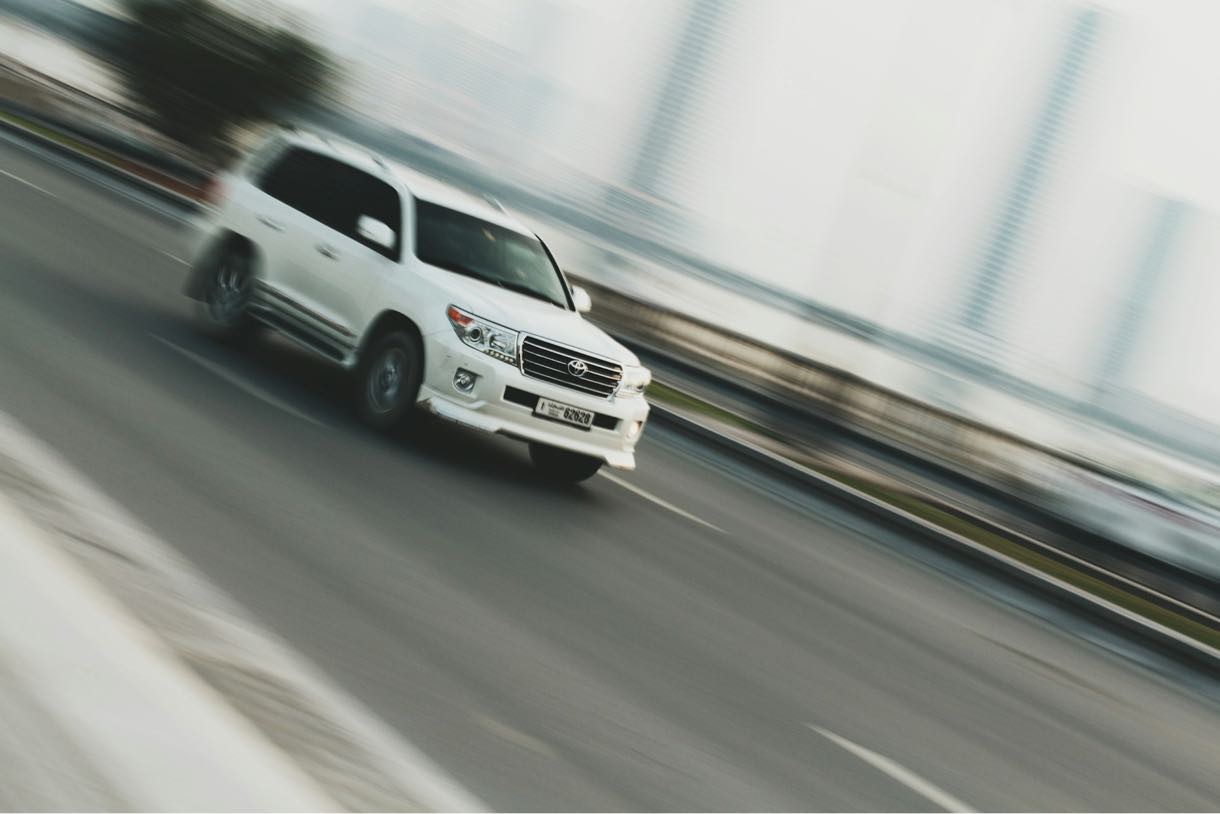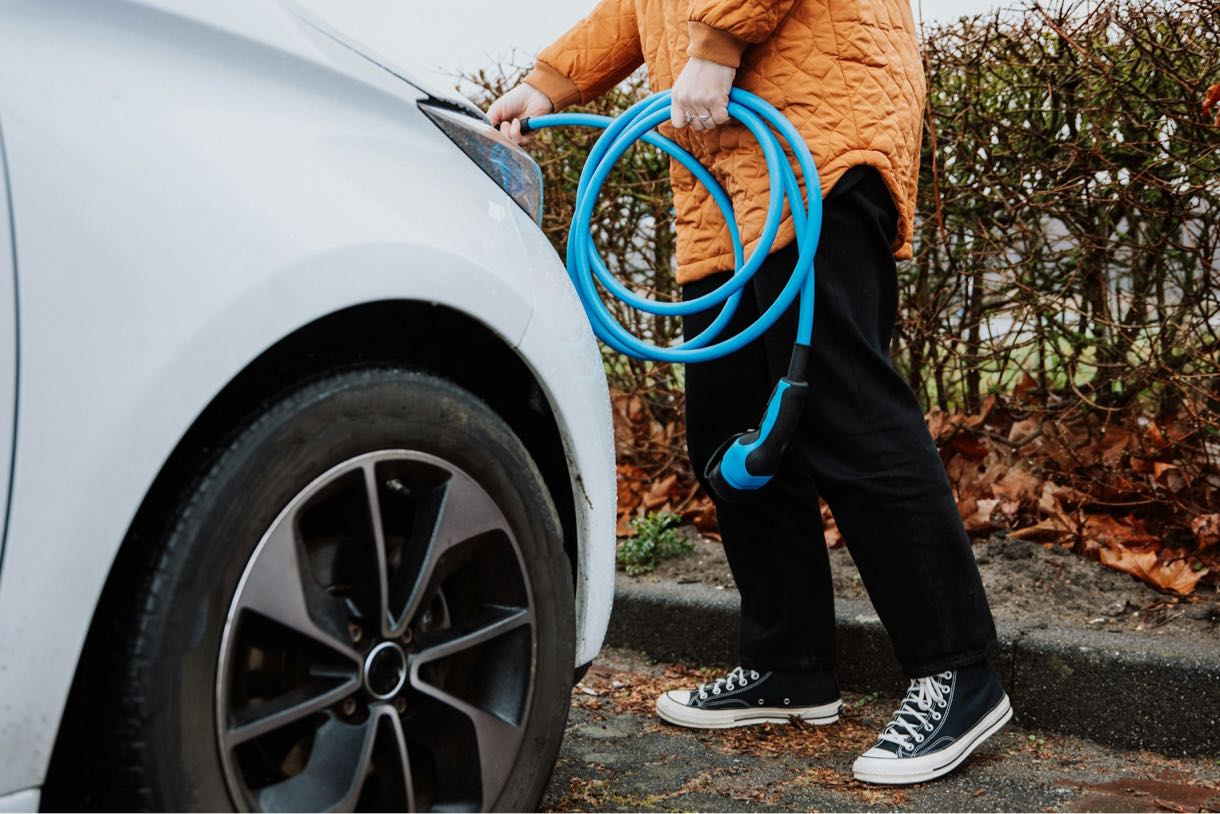Leading manufacturer of automobiles worldwide, Toyota, has just announced a significant recall affecting a wide range of models made between 2023 and 2024. With an estimated 33,484 vehicles affected, this major action emphasizes the vital significance of strict safety regulations and the automaker’s dedication to maintaining these standards. The recall highlights the continuous issues with vehicle dependability and customer trust in the automotive industry in addition to reflecting Toyota’s proactive approach to safety.
This recall has a wide range of models affected, from tough SUVs to family sedans. Toyota is one of the biggest and most reputable brands in the automotive industry, so its announcement has caused a stir in the market and forced rivals and customers to reassess their opinions on quality and safety. The models impacted by this recall, the particular manufacturing defect pertaining to the load carrying capacity labels, and the extensive actions Toyota is actively taking to address this problem for all impacted vehicle owners will all be covered in detail in the sections that follow. The purpose of this test is to give Toyota owners and prospective purchasers the crucial knowledge they need to handle this recall with ease.

Complete List of Affected Models The wide range of models affected by Toyota’s recent announcement of a comprehensive recall highlights the popularity and diversity of the affected cars. Included in the recall are:
- 2024 Toyota 4Runner
- 2023-2024 Toyota BZ4X
- 2025 Toyota Camry Hybrid
- 2024 Toyota Corolla
- 2023-2024 Toyota Corolla Cross Hybrid
- 2023-2025 Toyota Crown
- 2023-2024 Toyota GR Corolla
- 2023 Toyota GR Supra
- 2023-2024 Toyota GR86
- 2024 Toyota Grand Highlander
- 2024 Toyota Grand Highlander Hybrid
- 2023-2024 Toyota Highlander
- 2023-2024 Toyota Highlander Hybrid
- 2024 Toyota Land Cruiser Hybrid
- 2023-2024 Toyota Prius
- 2023-2024 Toyota Prius Prime
- 2023-2024 Toyota Sequoia Hybrid
- 2024 Toyota Tacoma
- 2024 Toyota Tacoma Hybrid
- 2023-2024 Toyota Tundra
- 2023-2024 Toyota Tundra Hybrid
- 2023-2024 Toyota Venza Hybrid
These vehicles span a wide range of driver demographics and represent a substantial cross-section of Toyota’s product line, from tough off-road SUVs to economical city hybrids.

Deep Dive into the Defect The weight values on the load-carrying capacity modification labels are inaccurate, which is the main issue that is causing this recall. The total weight of the accessories installed on these vehicles is incorrectly displayed on these labels, which were installed by Gulf States Toyota, Inc. (“GST”). Drivers may be misled about the true capacity of their vehicle by the disparities, which may indicate weights that are higher or lower than the actual figures.
Risk of Overloading When weight is misrepresented, owners may be tempted to overload their cars because they think they are still operating within safe limits, but this is not always the case. The following crucial areas of the vehicle’s performance may be severely impacted by this overloading:
- Handling: Reduced maneuverability from improper weight distribution can make it more difficult to control the vehicle in normal driving conditions or during emergency situations.
- Braking: Weight gain makes stopping distances much longer and increases the risk of premature wear or failure of the braking parts.
- Stability: Rollovers occur more frequently in vehicles that are overloaded, particularly when turning fast or changing directions suddenly.
Safety Implications and Urgency for Corrections
This flaw carries significant safety risks that could have disastrous consequences. In addition to endangering the vehicle’s structural integrity and operational capabilities, overloading raises the possibility of accidents that could result in fatalities or serious injuries.
Toyota’s prompt action in initiating the recall and replacing the defective labels is essential to averting these negative consequences. Toyota wants to ensure that all drivers have accurate information to make safe decisions regarding their vehicle’s load by correcting these labels in order to remove any confusion regarding vehicle capacities. With the goal of upholding confidence and guaranteeing that its customers can continue to enjoy their cars risk-free, Toyota has adopted a proactive approach that reflects both its commitment to safety and its obligation to them.

Owner Notification Toyota has notified owners of the impacted cars in a proactive manner. Letters of notification will be mailed from September 16 to September 20. Along with informing the owners of the recall, these letters will also include information on how to get a replacement label at authorized Toyota dealerships for free.
Manufacturer Steps to Rectify the Issue Toyota is offering to replace the defective labels and give owners comprehensive instructions on how to fix the problem in addition to the notification letters. Toyota is dedicated to upholding safety standards and preserving customer trust, which includes this response.

Potential Legal Repercussions Toyota may face serious legal repercussions from this recall, especially if any mishaps or injuries are connected to the flaw. It is the responsibility of automakers to guarantee that their vehicles are safe for use on public roads; otherwise, they risk legal action and severe fines.
Safety Implications for the Automotive Industry This incident serves as a timely reminder of how crucial precise vehicle standards and specifications are. It also emphasizes the necessity of continued supervision and control in the automotive sector in order to avoid reoccurring problems of this kind.
The recent recall by Toyota of 22 different vehicle models serves as a sobering reminder of the difficult decisions and demanding obligations that automakers face. The current problem, which involves inaccurate load-carrying capacity labels, highlights a crucial oversight that may jeopardize vehicle safety. This incident should serve as a wake-up call for the industry, emphasizing the need for strict quality control and open communication in order to maintain consumer safety and trust.
Moreover, the recall damages Toyota’s standing as a reliable automotive leader in addition to directly affecting the vehicles’ functionality and safety. Making sure cars adhere to strict safety regulations is a complex process with legal, moral, and practical aspects. Manufacturers must respond to these issues with urgency and resolve, reaffirming their dedication to the integrity and safety of their customers. Toyota’s response to the recall serves as an example of the proactive approach to recall management that is necessary to preserve consumer confidence and avert potential safety risks.

The selection of a trustworthy transport company is of the utmost importance when it comes to the transportation of vehicles, particularly those that have been subject to recalls. One of the best options is Ship A Car, Inc., which is well-known for the careful handling and transportation services it provides. As a result of its A+ ratings from the Better Business Bureau and its glowing five-star reviews, Ship A Car Inc makes certain that your Toyota will arrive at its destination in a secure and timely manner. As a result, it is the most preferred choice for handling your transport requirements that are related to recalls.
Q: What models are affected by the Toyota recall?
A: The recall applies to 22 different models, some of which were manufactured between 2023 and 2024. These models include the Toyota 4Runner, Prius, Tacoma, Tundra Hybrid, and others.
Q: How can I get the replacement label for my vehicle?
A: A replacement label is available at no cost to owners at any Toyota dealership throughout the country. Owners will also receive notification letters that contain detailed instructions for replacement, which will be included in the letters.
Q: Why is it important to address recalls promptly?
A: Addressing recalls promptly is crucial for safety. By doing so, it eliminates the possibility of accidents occurring and guarantees that your vehicle operates in accordance with safety standards.




